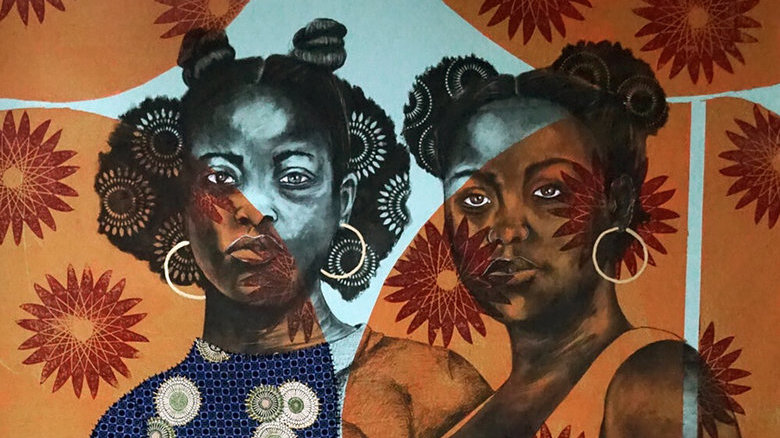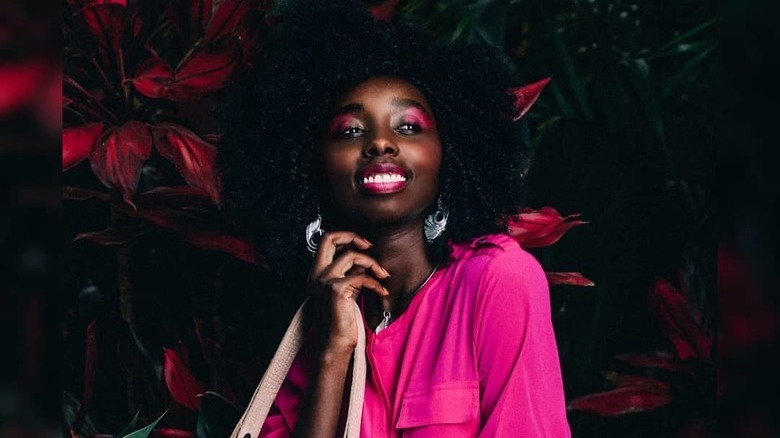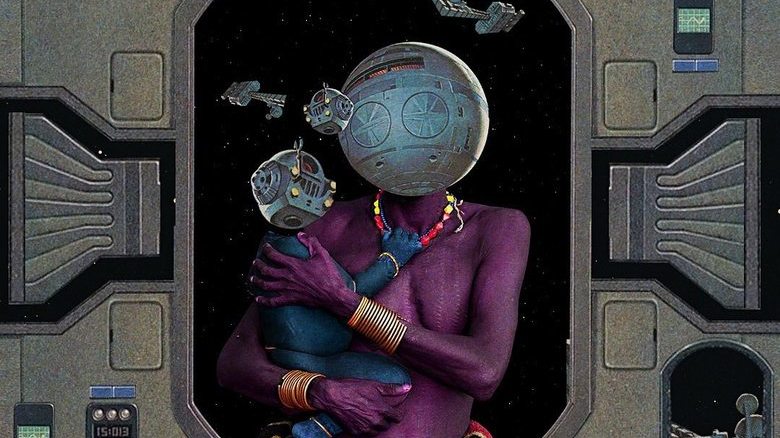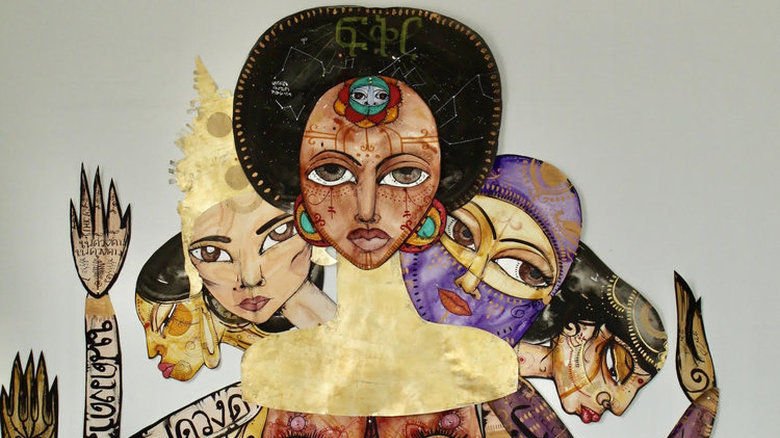African Movies to watch on TV during and after Lockdown (Part-1)
As more nations go on lockdown in a bid to contain the spread of COVID-19, movie theatres across the world find themselves out of service. The good news is that there is a world of entertainment yet to be discovered from the comfort of your home.
Here’s a list of African films and television that are essential viewing and available for streaming (with links to where you can watch from). From pioneering classics to cult favourites and commercial crowd-pleasers, here’s what you should be getting lost in:
93 Days (2016) – Nigeria
As the world takes on the pandemic, 93 Days is a timely reminder of what is possible when resources and experts are deployed towards a common cause. One of the finest films to come out of Nigeria, this heartbreaking but inspirational chronicle tells the story of the country’s ultimately successful containment of Ebola in 2014. Featuring career best performances from actors Bimbo Akintola and Somkele Idhalama, 93 Days towers as both a terrific piece of cinema and a worthy salute to the heroes on the frontlines.
Where to watch: Amazon Prime, Netflix
Azali (2018) – Ghana
Ghana’s first ever submission for the Oscars is a harrowing and shrewdly-observed deconstruction of poverty, gender inequality and illiteracy. Directed by Kwabena Gyansah, Azali traces the journey of Amina (Asana Alhassan), a 14-year old girl from northern Ghana, who is dispatched by her mother to neighbouring Burkina Faso in a bid to escape the clutches of early marriage. A triumph of storytelling stripped of artifice, Azali is a potent attempt at capturing what it means to live on the margins of society.
Where to watch: Netflix
Beauty and the Dogs (2017) – France/Tunisia
Beauty and the Dogs unfolds over one harrowing night. Its events are divided into nine chapters, each filmed by director Kaouther Ben Hania in a single take. Mariam (Mariam Al Ferjani), a young student, is raped by policemen after a party. Suffering rejection and humiliation from institutions designed to help, she struggles, alongside an accomplice, to overcome bureaucratic and structural barriers while fighting for her right to be heard – and seen – in post-revolution Tunis.
Where to watch: Amazon Prime, Youtube, GooglePlay
Black Girl (1966) – Senegal/France
What better time than the present to (re)discover the film widely regarded as sub-Saharan Africa’s first to make a dent in the international film stage? Black Girl may be 54 years old but the themes that Ousmane Sembène tackled in this now classic’s 55 minutes remain poignant today. The trauma of colonialism, racism and post-colonial identity in African bodies are all highlighted in the deceptively simple story of Diouana (Mbissine Thérèse Diop), a young Senegalese woman who moves to Paris to work as a maid for a French couple.
Where to watch: The Criterion Channel
Isoken (2017) – Nigeria
What does a much put-upon woman do when she finds herself aged 34, unmarried and without a boyfriend? The protagonist of Isoken, directed by Jade Osiberu, submits to a family intervention. This film may present as a romantic comedy, but its bright colours and charming set pieces do not mask the pointed commentary on gender roles in upper class Nigerian society. The messaging on feminism is a bit muddled as Isoken cannot quite decide what it wants to say, but none of this detracts when the rest of the film is so cleverly attractive.
Where to watch: Amazon Prime, Netflix
Lumumba: Death of a Prophet (1990) – France/Switzerland/Germany
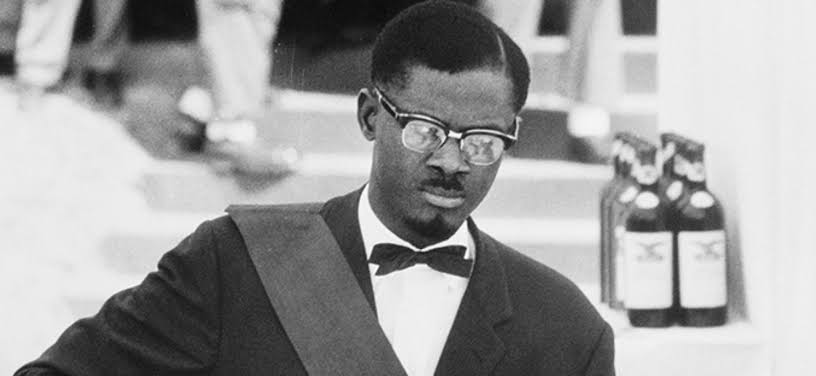
Mixing biography with history and personal experience, Haitian director Raoul Peck creates a fascinating frame around the cult figure of Patrice Lumumba, the first prime minister of the Democratic Republic of Congo (formerly Zaire). Peck’s creative documentary uses Lumumba’s assassination as an entry point to examining his life and legend. Death of a Prophet serves as an informal corrective to the Western manipulation of Lumumba’s legacy.
Where to watch: Showmax
Much Loved (2015) – Morocco/France
Much Loved was banned in native Morocco in advance of its release. Director Nabil Ayouch and star Loubnar Abidar were summoned to court on charges of “pornography, indecency and inciting minors to debauchery”. While Much Loved has its fair share of graphic imagery, it works effectively as a scathing critique of the duplicity of the conservative mainstream. Ayouch does this by focusing on the adventures and tribulations of four women working as sex workers in Marrakesh, Morocco’s most popular tourist destination.
Where to watch: Netflix
Of Good Report (2013) – South Africa
A torrid affair between a high school teacher and a young woman spirals quickly into sexual obsession and blood thirsty violence in this impressive thriller from auteur Jahmil XT Qubeka. The black-and-white film is shot in a stylish, seductive manner that hints of the evil to come. Of Good Report’s considerable psychological heft connects with the traumas of its victims on the margins in post-apartheid South Africa. Seven years after its release, Of Good Report has lost none of its haunting power.
Where to watch: Showmax, GooglePlay
Supa Modo (2018) – Kenya/Germany
Likarion Wainaina’s heartbreaking debut is a different kind of superhero film. One in which a Kenyan kid takes flight from the harsh realities of her existence by escaping into a fantasy world of her own creation. Supa Modo’s finest triumph lies in Wainaina’s careful balance of vivid imagery and escapism with the despair and finality of mortality such that the film is never too sweet nor too sour. Super Modo restores faith in the world by simply highlighting the role community can play in times of grief.
Where to watch: Showmax
Touki Bouki (1973) – Senegal

Panned upon release, Djibril Diop Mambéty’s first feature is now widely considered to be one of the greatest films ever made. Touki Bouki (Wolof for “The Journey of the Hyena”) considers the tensions between Africa and Europe via the struggles of Mory and Anta, who dream of emigrating to Paris. It discards linear narrative in favour of poetry and fantasy as it tracks the couple’s journey from idealistic excitement to eventual disenchantment, mirroring in some way the fate of the continent.
Where to watch: The Criterion Channel
Trances (1981) – Morocco

